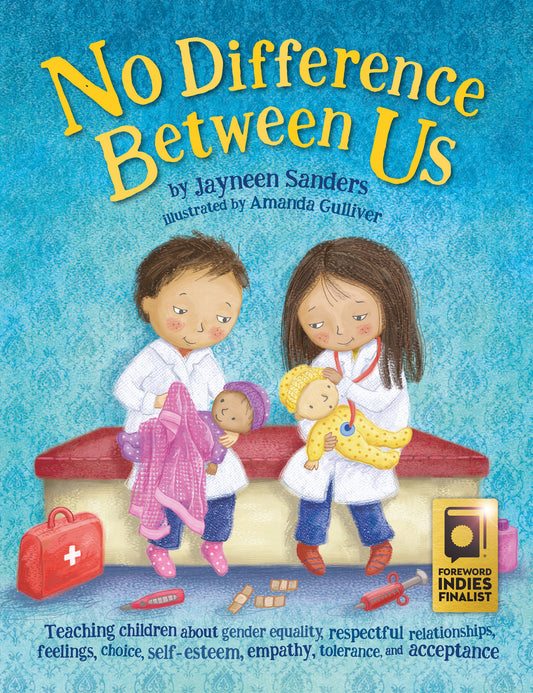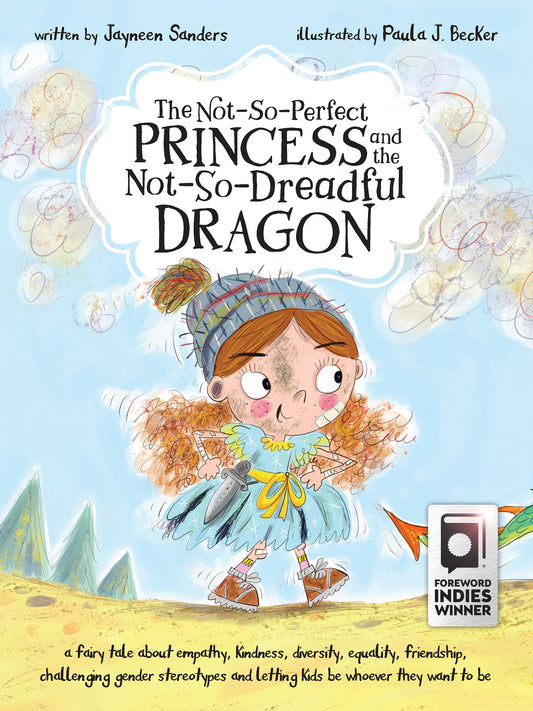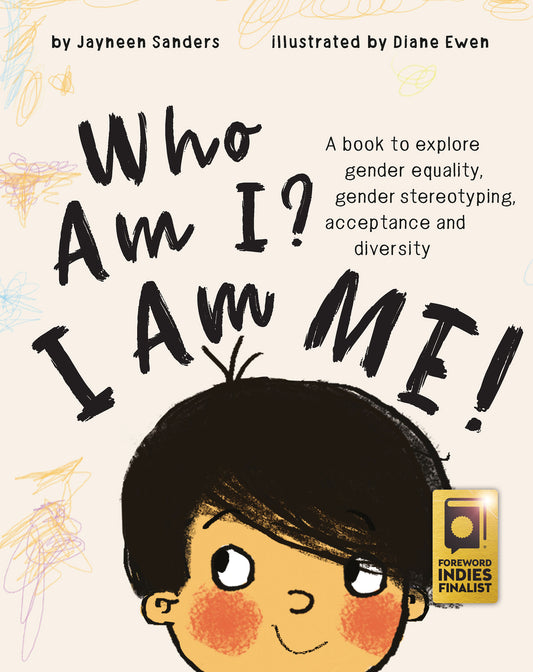Warning! This article includes many questions; most unanswered as I grapple with what it is to be female or male.
Let’s have a closer look at the title question in terms of a child born with male genitalia transitioning to living and socializing as a female, and a child born with female genitalia transitioning to living and socializing as a male.
So here is my second question: What does it mean to be female and what does it mean to be male in a social context — ignoring the fact that both genders obviously differ physically?
My next question: When a person, assigned the gender male at birth, transitions to a female, what does that mean for that person? Do they now wear dresses, have long hair, paint their nails, and so on? But aren’t these just stereotypical societal gender norms of what it is to be female?
The dictionary says this about being female/feminine: “Feminine — having qualities or an appearance traditionally associated with women, especially delicacy and prettiness.”
This definition is out-dated and stereotypical of what it is to be a woman, and in my opinion very damaging and incredibly limiting to those who identify as female. Such a definition has been thrust upon the female population, along with society’s expectations of what it means to be female.
Similarly when a person, assigned the gender female at birth, transitions to a male, what does that mean for that person? Do they now wish to develop muscle definition, have short hair and wear ‘male’ apparel — again all societal gender norms inflicted upon our communities.
The dictionary says this about being male/masculine: “Masculine — having qualities or appearance traditionally associated with men, especially strength and aggressiveness.”
I have two issues here: as a mother of three daughters I struggle with the dictionary definition of what it is to be feminine both for my daughters and myself. I am not delicate nor pretty. My daughters are not delicate. We are ‘strong’ both physically and mentally, a word traditionally (or so says the online dictionary) associated with what it is to be male. And secondly, for a trans person do they now need to fit into what societal gender norms dictate and take on the role of ‘pretty’ and ‘delicate’ in order to feel they have transitioned?
And furthermore, we have people who identify as neither gender — in some ways they may be free to act and behave in a way that is unique to them because they do not come with the ‘label’ of what it is to be female or male.
I was born with female genitalia and I label myself as female. But there it stops. I am simply a person, my own self. Surely I can be who I am, wear what I want and act in a way that is unique to me.
Here are my final questions: Is being gender fluid a way to reject societal gender norms and just be who you are? Or could it be that being gender fluid allows you the freedom to move between these norms?
As one wise Facebooker said:
“If given the freedom to play/dress how they [kids] want we'd probably see more blurred lines... like tutu-wearing truck-loving boys and girls rocking dinosaur dresses while playing in the dirt. And those kids who did identify as different to what society says they are, wouldn't feel so shamed.”
That's surely a win I would say!
Jayneen Sanders is an author, teacher and publisher. All Jayneen’s books are published by Educate2Empower Publishing an award-winning niché children's book publisher who specializes in children's books on BODY SAFETY, CONSENT, GENDER EQUALITY and RESPECTFUL RELATIONSHIPS. Educate2Empower Publishing also provides free resources for parents, caregivers and educators on these important topics. For more information go to: www.e2epublishing.info All Jayneen's books are available on Amazon.




